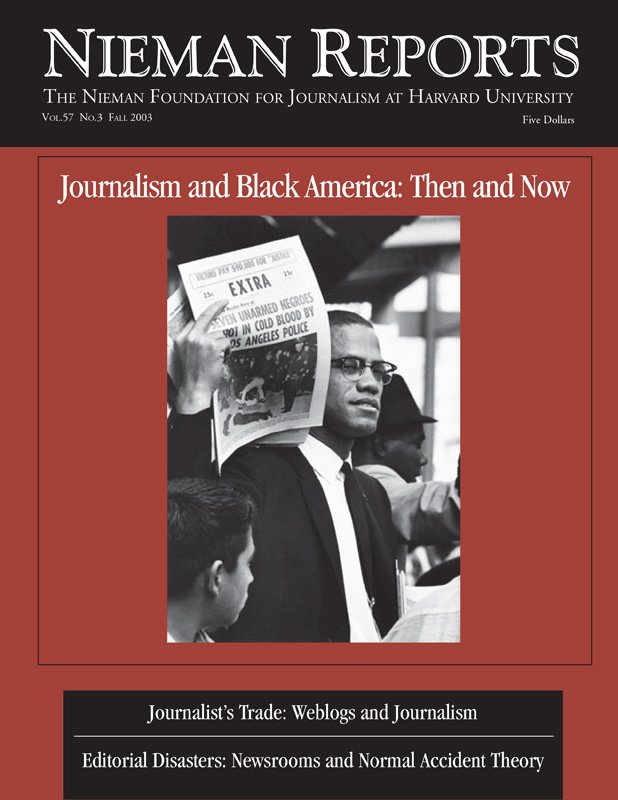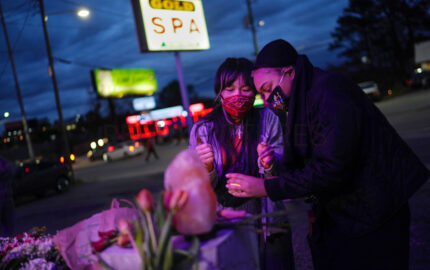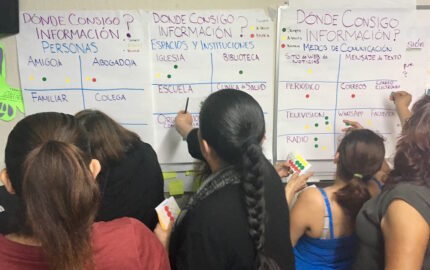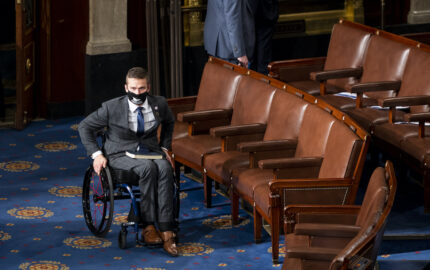- If you were asked to grade race relations in Marshall, what grade, from 1 to 100, would you give? How might we improve our score?
- For the most part, predominantly white churches sat out of the civil rights movement. Black churches were much more heavily involved. What part do churches now play in the ongoing work for racial equality?
- RELATED ARTICLE
"Asking Questions So a Community Thinks About Race"
- Phil LathamWhat is your favorite Bible verse, story or message concerning racism and/or how to overcome it? - What should you do if you see a person of your race engaged in racist behavior, such as making fun of another race?
- This group is made up of six white and six black ministers. If each of you could talk frankly with a member of the other race about dealing with racism, without fear of offending, what would you say?
- As ministers you deal with enriching the souls of your church members. Should you and your congregation be concerned with the economic welfare of those denied earthly riches because of racism?
- How can churches and their members fight racist hate groups without sinking to the same level? Should we ignore these groups or confront them?
- What three things—if you could pick only three—could happen in Marshall to improve the racial climate here?
- Marshall has a rich, proud history. How do we maintain that pride and accurately depict that history although racial subjugation is a part of it? How do different races in Marshall celebrate each other’s histories?
- Different races of people encounter each other all day long in public schools and on many jobs. At the end of the day they, for the most part, resign themselves to social polarization. What are churches doing, or what should they be doing, to reduce the social polarization? Or does it matter at all?
- Children learn to segregate themselves; they are not born knowing segregation. In Marshall, where do they pick this up? If it’s primarily in the home, where else do they see it? What can churches do to combat this learning process?
- Some say racism has not lessened, it has just become more covert. What are the racist subtleties you see in your race and in another? How do you combat subtleties without becoming a whiner or nitpicker? How much should a person be comfortable with?
Twelve Questions On Race
Journalism and Black America: Then and Now
Black and white journalists, at times working as colleagues, at other times separately, have produced the first draft of our nation’s difficult history of race relations. In this issue of Nieman Reports, journalists examine reporting at the intersection of black and white America and look at the racial conditions, climate and conversations in newsrooms. – Melissa Ludtke, Editor



